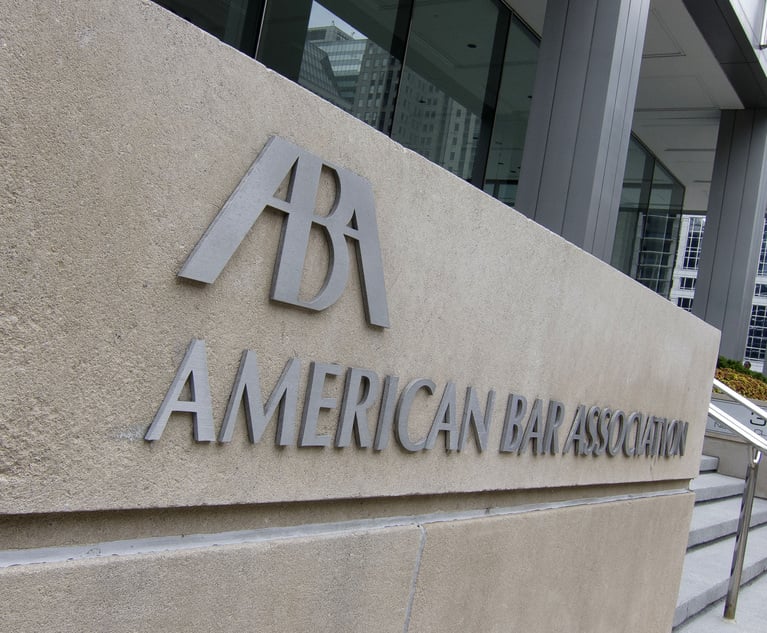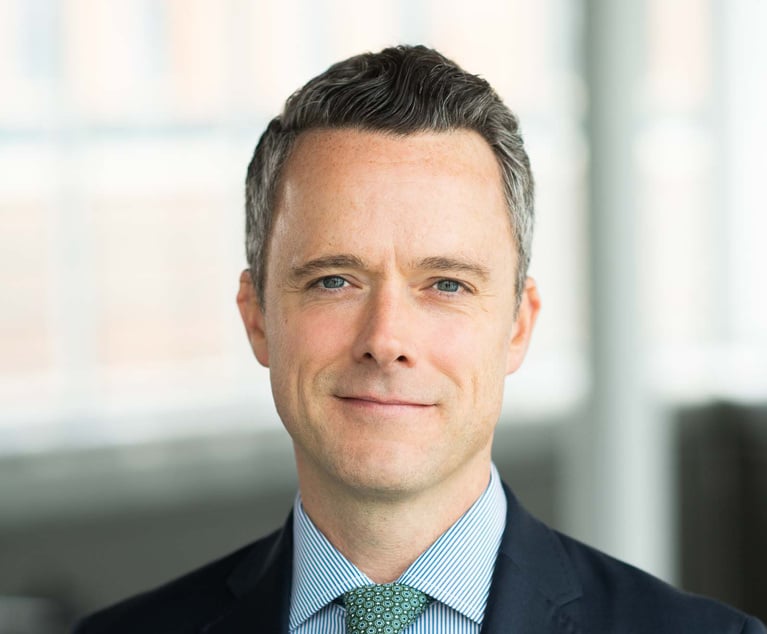Welcome back to Ahead of the Curve. I’m Karen Sloan, legal education editor at Law.com, and I’ll be your host for this weekly look at innovation and notable developments in legal education.
This week, I’m checking in on a new program at Indiana University Maurer School of Law—Bloomington that will prepare students for law careers in family offices. Don’t know what that means? No problem, I’ve got you covered with a primer. Next up, I’m keeping tabs on the busy SCOTUS justices, who have been spending lots of time on law campuses of late.









